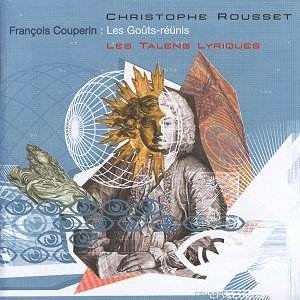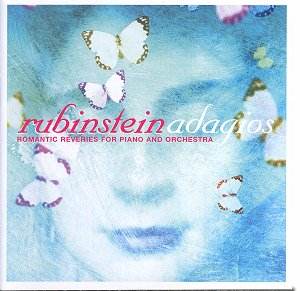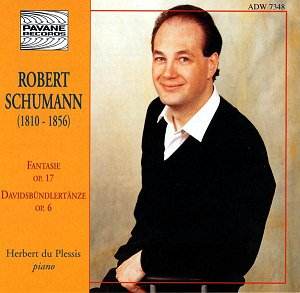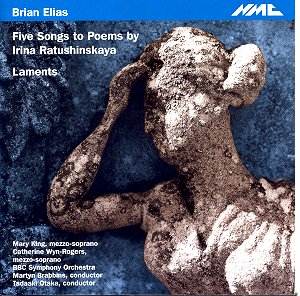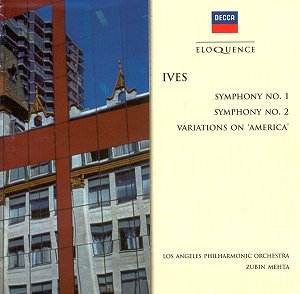 Composer: Charles Ives
Composer: Charles Ives
Works: Symphony No. 1, Symphony No. 2, Variations on ‘America’ (orch. William Schumann)
Performers: Los Angeles Philharmonic Orchestra, Zubin Mehta
Recording: Recorded Los Angeles: May 1972-1975
Label: DECCA ELOQUENCE 466 806-2 [74:23]
Charles Ives stands as one of the most enigmatic figures in American classical music, known for his innovative spirit and unique compositional voice that defies the conventions of his time. The present disc, featuringZubin Mehta and the Los Angeles Philharmonic Orchestra, presents Ives’s early symphonic works—Symphonies No. 1 and No. 2—alongside the orchestrated version of Variations on ‘America’ by William Schumann. These pieces, completed in the late 19th and early 20th centuries, were only premiered decades later, underscoring Ives’s avant-garde approach and the challenge he posed to mainstream American musical aesthetics.
Mehta’s interpretation of the First Symphony reveals a youthful earnestness that is characteristic of Ives’s formative years. Composed as a thesis during his time at Yale, this symphony is heavily influenced by the Romantic idiom, with echoes of Dvořák’s melodic richness permeating its fabric. The opening movement presents a delightful theme that recalls the sweeping lyricism familiar to Dvořák’s works, immediately drawing the listener into Ives’s burgeoning world of sound. The Los Angeles strings, under Mehta’s direction, offer a warmth and clarity that enhances the romantic qualities of the score, deftly navigating the sometimes cumbersome orchestration that can characterize student compositions.
The second movement, marked Adagio, is particularly noteworthy; here, the cor anglais introduces a melody reminiscent of Dvořák’s New World Symphony. While the thematic borrowing may invite a critique of originality—described by some as a “pleasant but disconnected set of romantic clichés”—Ives’s ability to weave these influences into a personal narrative is commendable. Mehta judiciously edits some repeats, effectively curbing the youthful exuberance that can lead to structural overindulgence. This decision allows the symphony to unfold with a sense of purpose, keeping the listener engaged through its melodic exploration.
In contrast, the Second Symphony marks a significant evolution in Ives’s style, incorporating American folk tunes and a more complex harmonic language. The inclusion of a Civil War song, a hymn, and a college song within the movements showcases Ives’s ability to synthesize popular American musical idioms into a symphonic form that feels distinctly his own. Mehta’s reading of this work is strikingly vibrant, capturing the quintessential Ivesian spirit that embraces both the familiar and the innovative. The second movement, which resembles a traditional allegro after a slow introduction, exemplifies this blend, and the orchestra’s execution of the intricate rhythms and layered textures is particularly commendable.
Sound quality in this recording is robust, with a balanced mix that allows individual sections of the orchestra to shine while maintaining the overall orchestral blend. The engineering captures the dynamic range of the performances, from the delicate passages in the First Symphony to the exuberant climaxes of the Second. It is worth noting that Mehta’s interpretations stand favorably against other prominent recordings, such as those by Dohnányi and Marriner; while Dohnányi offers a polished reading, Mehta’s approach feels more instinctive and alive, particularly in the Second Symphony.
This disc serves as an excellent introduction to Ives’s symphonic output, presenting early works that, while rooted in the conventions of their time, foreshadow the radical experimentation that would define his later music. The coupling of the First and Second Symphonies with Schumann’s orchestration of Variations on ‘America’ creates a satisfying program that highlights Ives’s evolving voice. The performances are engaging and insightful, making this recording a valuable addition to any classical music collection. The combination of Mehta’s interpretive clarity and the Los Angeles Philharmonic’s spirited playing ultimately allows these early works to resonate with a contemporary audience, inviting a deeper appreciation of Ives’s contributions to American music.
